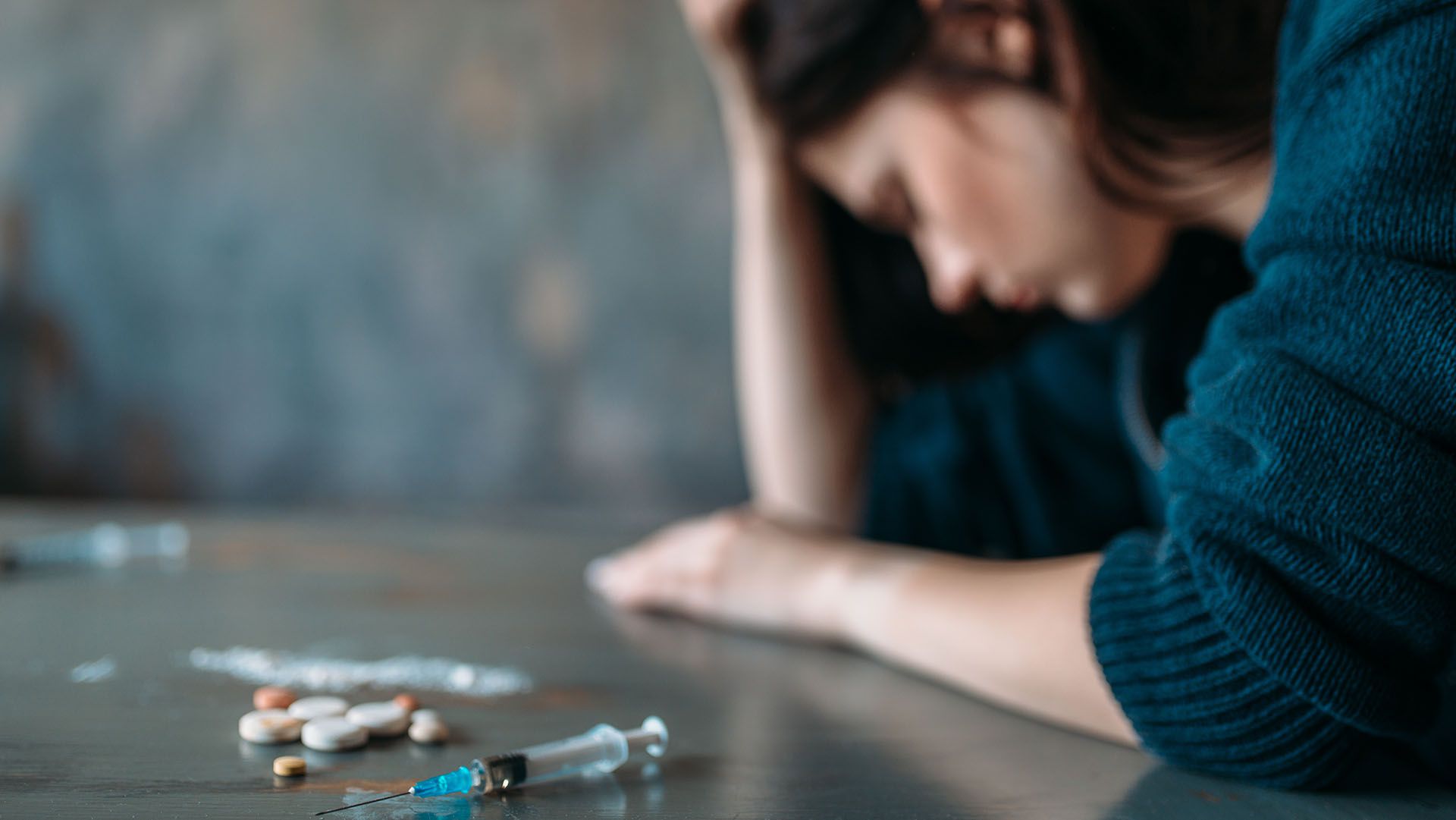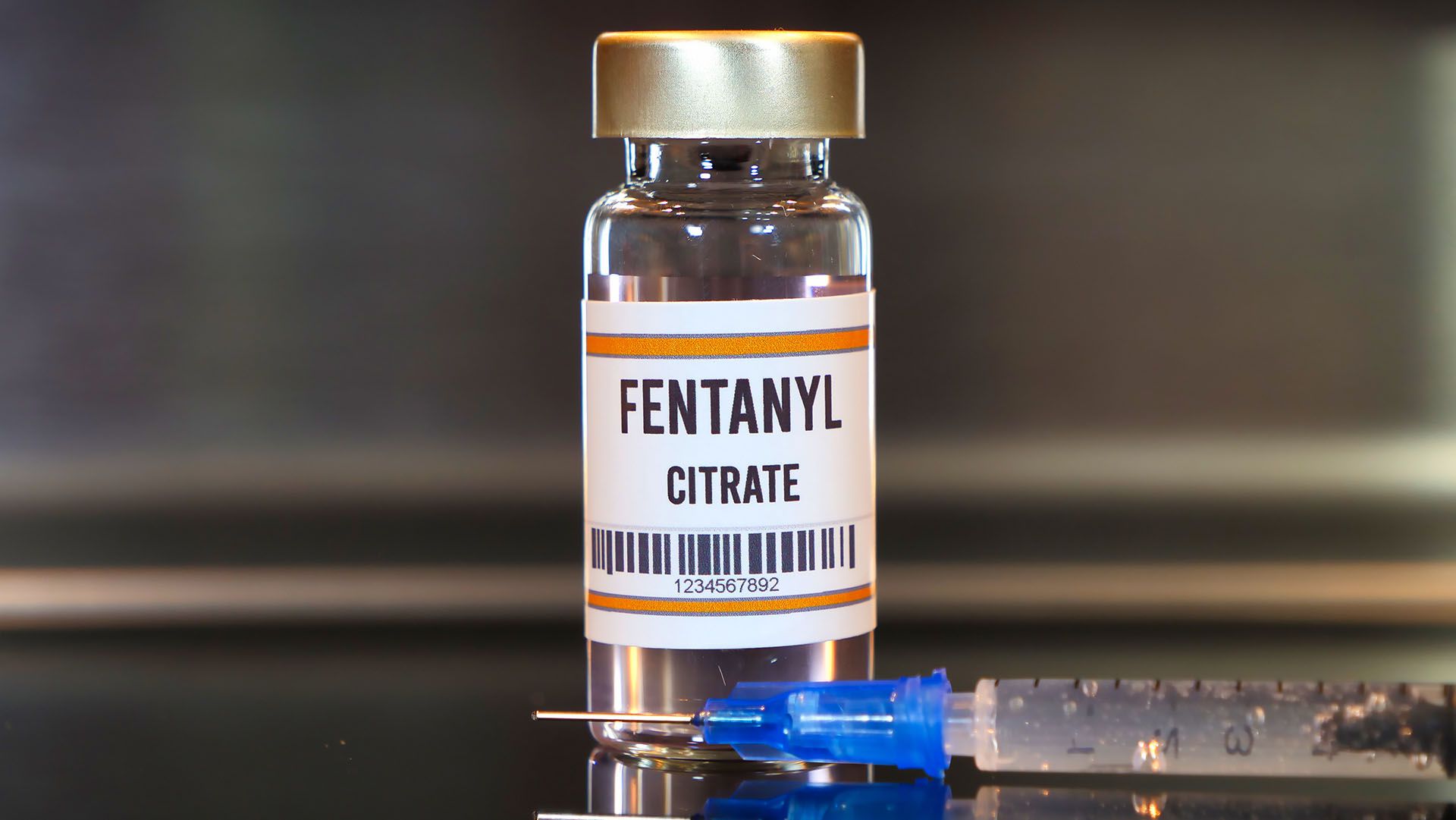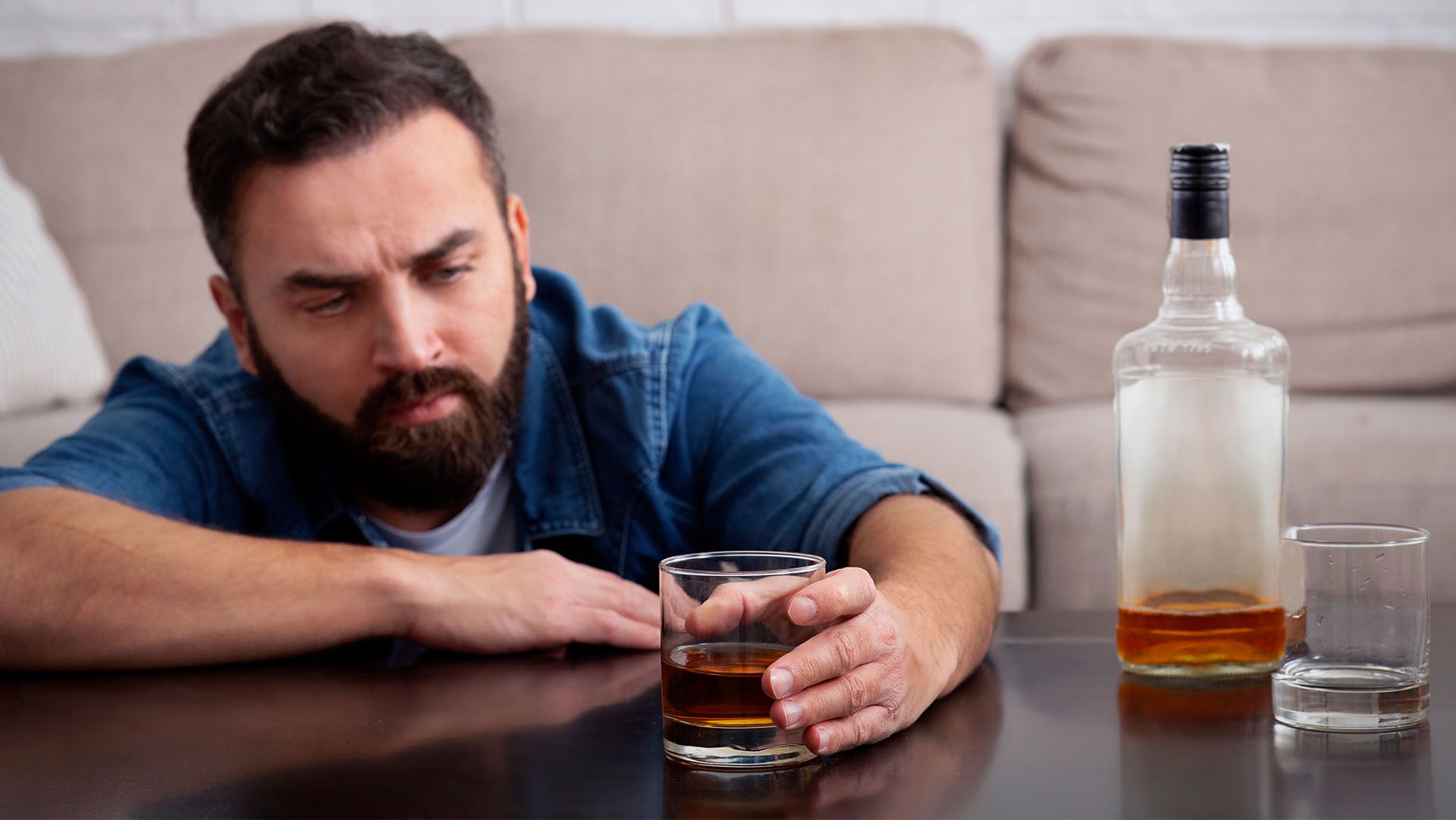Drug Addiction Explained
Every year, 9.3% of the population needs treatment for drug addiction. Drug addiction is a profoundly isolating condition that can leave you feeling hopeless and alone. But addiction is not a choice or a moral failing. It’s a disease, and like other diseases it necessitates treatment. Don’t try to get sober on your own. Let us show you a path to recovery.
Why is Drug Addiction Considered a Disease?
To an outsider looking in, drug addiction looks like a choice. After all, if the user stops using, the addiction will go away, right? Theoretically, yes. The challenge of drug addiction is that it makes it nearly impossible to stop—and not just because it robs you of your willpower.
Drug addiction has two distinct components:
- Chemical tolerance, which enables you to use larger and larger quantities of drugs; this is often the earliest symptom of addiction.
- Chemical dependency, which happens when your body becomes physically and psychologically dependent on drugs and alcohol. At this phase in the addiction journey, quitting cold turkey can produce a host of miserable symptoms, ranging from suicidal thoughts to delusions and seizures.
Just as diabetics experience life-threatening symptoms when they don’t have insulin, drug addicts experience symptoms that can range from unpleasant to downright dangerous when they attempt to quit. For this reason, treatment isn’t just the best way to get sober; it’s often the only way.
How is Drug Addiction Treated?
There’s more than one path to sobriety, and the best drug addiction treatment centers maximize your shot at recovery by blending several options. We rely on the best evidence-based treatment protocols, which include:
- Group support. 12- step programs such as Narcotics Anonymous offer you a sense of community, support, and hope. They also allow you to learn from the hard-won wisdom of other recovering addicts.
- Individual therapy, which can help you understand why you’re an addict, offer you coping skills for managing the challenges of sober living, and help you get relationships destroyed by addiction back on track.
- Medical care. You may need help managing the symptoms of detox and withdrawal. In some cases, your doctor can prescribe drugs to reduce cravings; in others, she’ll simply manage your symptoms as they arise. Your doctor can also help you work to counteract the long-term health consequences of drug abuse.
- Lifestyle interventions. Drug addiction alters everything about how you live your life, from your relationships to your career. Lifestyle changes, such as healthy eating, better relationships, and regular exercise, can help you regain health and get back on the road to sobriety.
Understanding Relapse
All diseases carry a risk of relapse, and drug addiction is no exception. Between 40% and 60% of drug addicts eventually relapse. Our drug rehab program helps you master the skills you need to avoid the pain of relapse. Even if this is your second—or tenth—shot at sobriety, though, we can help. Research consistently shows that relapsing actually teaches users how to get sober; today’s relapse could be the thing that spurs you to get sober forever tomorrow. Contact Addiction Rehab Centres Canada today!
Further Reading:
Drug Rehab
Prescription Drug Rehab
Drug Addiction: Symptoms & Signs
10 Facts About Drug Addiction You Need to Know
DrugFacts: Understanding Abuse & Addiction
WebMD: Drug Abuse, Addiction & the Brain







